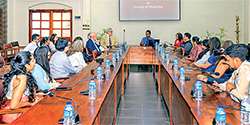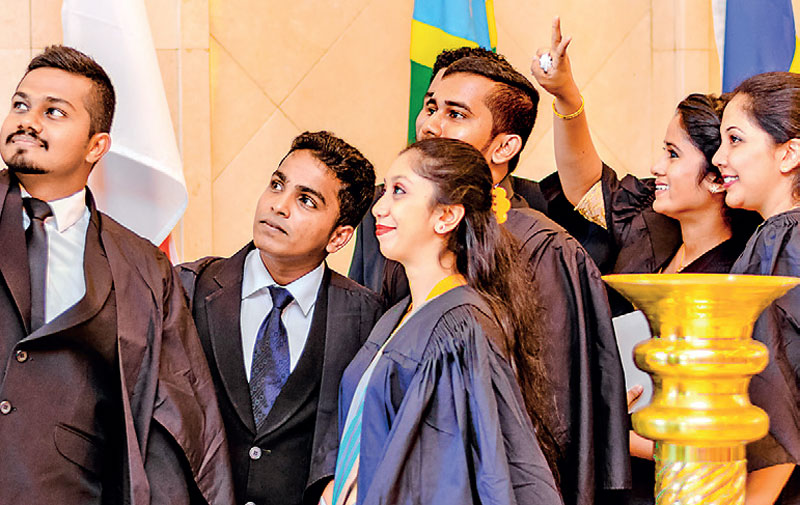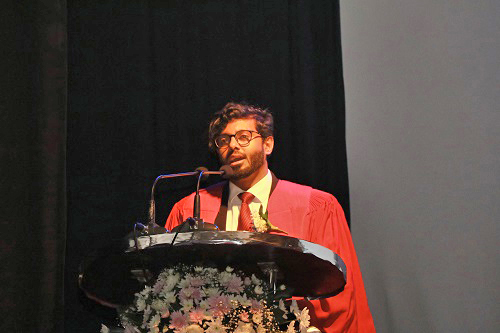Fresh anger over UK visa regime as scholar forced to leave Oxford
 Fresh calls have been made for a systematic review of the UK’s visa application process for foreign researchers and their families after one of the University of Oxford’s “brightest” new recruits was forced to leave her post and return to China. Fengying Liu, a postdoctoral researcher in pathology, was recruited to Oxford’s Sir William Dunn School of Pathology in October last year. She acquired the Tier 2 visa necessary to take up the role and work in the UK, but a separate dependency visa for her 22-month-old daughter was later rejected by the Home Office.
Fresh calls have been made for a systematic review of the UK’s visa application process for foreign researchers and their families after one of the University of Oxford’s “brightest” new recruits was forced to leave her post and return to China. Fengying Liu, a postdoctoral researcher in pathology, was recruited to Oxford’s Sir William Dunn School of Pathology in October last year. She acquired the Tier 2 visa necessary to take up the role and work in the UK, but a separate dependency visa for her 22-month-old daughter was later rejected by the Home Office.
Citing the inflexibility of the British visa process and the unaffordable cost of a resubmission, Dr Liu said that she had no choice but to leave her new role and “give up hope” of working in the UK as a scientist. Her departure has been seen as another manifestation of the perceived hostility of the UK’s immigration regime to foreign researchers and has fuelled elite universities’ fears about their ability to recruit and retain the best international talent post- Brexit. Ulrike Gruneberg, a Medical Research Council senior research fellow and principal investigator of the laboratory that recruited Dr Liu, told Times Higher Education that she already faced “extreme problems” hiring suitable candidates, which she attributed in part to the “complicated and flawed” nature of the UK immigration system.
The struggle to recruit has intensified since the referendum vote to leave the European Union, Dr Gruneberg added. “[We] don’t get any applications from the EU now and there are hardly any qualified British candidates for postdoc positions, so it becomes much more important for us to be able to employ people from outside the EU. “My concern is that British science is just going to collapse.” Dr Liu had applied for the Oxford research role after completing her PhD at Heidelberg University in Germany, where she had been living with her husband, another Chinese scientist, and baby.
On being offered the position funded by the Biotechnology and Biological Sciences Research Council, she moved to the UK without her husband and daughter, having made the decision to apply for their visas separately to make the costs more manageable. However, a technicality in UK immigration law that requires parents to seek visas together with their children meant that the separate application for Dr Liu’s baby was refused. “The reason my daughter got rejected is because we did not apply as a family,” Dr Liu told THE. “I did not understand this at the time.
It was also too expensive – about €1,400 [£1,226] per person for the visa application alone.” Employer-sponsored UK visas cost up to £3,220 including an immigration health surcharge of £400 per year – doubled from £200 in April. Given that accompanying family members require their own visas too, the cost of moving to the UK even for a short period of time can add up to several thousand pounds for a family. While Oxford was able to reimburse Dr Liu’s own visa costs, the policy does not extend to dependants. The fact that Dr Liu did not completely understand the visa application rules came as “some failing on Oxford’s part”, Dr Gruneberg admitted.
“I felt awful. As an employer, you hire someone in good faith and then you essentially make them go through hell,” she said. “[Dr Liu] was our brightest candidate – the only possible candidate. But, looking at the Home Office website myself, it’s difficult even for someone with a PhD who speaks English very well to understand. On a human level, it’s terrible.” Dr Gruneberg wrote to her laboratory’s funding bodies, university leaders and her local MP, but while much sympathy was expressed there was “nothing to be done to change the situation”. Dr Liu was advised to reapply for her husband and daughter’s visas.
But at a potential further cost of £4,400 for the two of them without incorporating travel costs, she opted to terminate her contract at Oxford early and seek work in China. “I don’t know how they can think each person can pay so much even for a baby. We were just PhD students who had just graduated [and we] did not have savings to fall back on,” Dr Liu said. “Something needs to change. It’s a fundamental problem for young researchers coming to the UK.” While universities could do more to assist recruits in their visa processes, Dr Liu suggested that funding bodies responsible for sponsoring postdoctoral places could help to pick up the bill. “They need to give more consideration not only to funding the cost of the project but the visa, too,” she said.
The debate over visa limits in the UK comes amid growing concern about the impact of migration restrictions in many of the leading higher education nations. The US is reportedly considering limiting the flow of Chinese researchers into the country, amid concerns about espionage and the flow of sensitive data, while Australian universities are caught in the crossfire of increasing tensions with China and are also contending with visa reforms.
Speaking earlier this month, Louise Richardson, Oxford’s vice-chancellor, said that British institutions including her own could struggle even further to attract talent once the UK leaves the EU. “Personally, I think we are all in trouble in England, Ireland and the rest of the EU over Brexit,” she said. “We know [our elite status] rests on the excellence of research from people who [come] from abroad…It is painful for many of us as committed internationalists, citizens of the world, to find our country turning inward.” A Home Office spokeswoman said that international collaboration was “essential” to the success of the UK’s universities and that the government therefore “welcome[d] academics visiting the UK”.
[email protected] - Rachael Pells









































.jpg)
.jpg)
.jpg)
.jpg)
.jpg)
.jpg)
